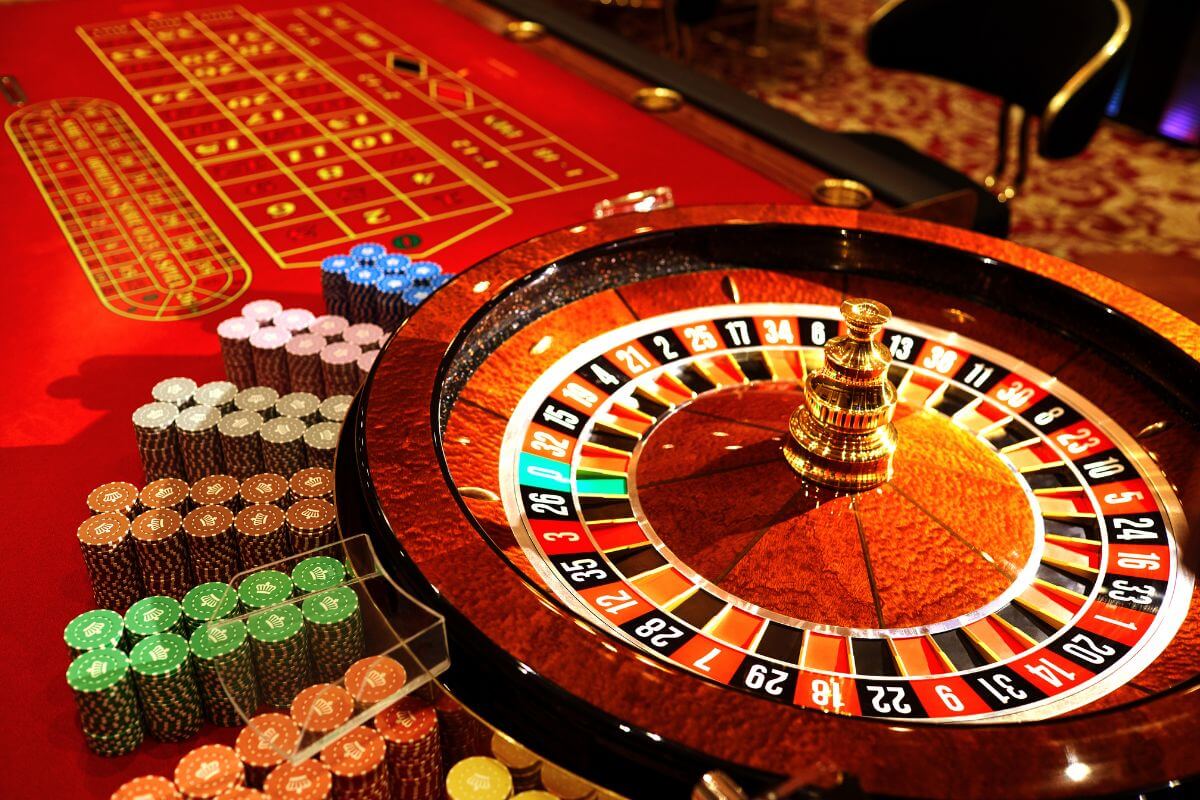
Betting has been an important part of human recreation for millions of years, evolving through cultures and eras to become the vibrant casino games we know today. From the ancient Chinese and Romans, who participated in various forms of betting and luck, to the advanced gaming floors of contemporary casinos, the allure of risk and reward has fascinated individuals across the globe. The shift from basic dice games and rudimentary betting setups to the extravagant environments of modern casinos reflects considerable strides in both social norms and technological advancements.
As societies evolved, so too did the complexity of gambling activities, with gambling activities emerging as a separate category of entertainment and thrills. These activities have transformed from casual gatherings centered around wooden tables to sprawling, lavish establishments designed to entice players. Today, we explore this fascinating journey, analyzing how traditional practices laid the foundation for the varied and exciting casino games that bring joy to countless people worldwide.
spintax
Early Gambling Practices
Wagering has significant roots in human past, with evidence of games of chance tracing back to ancient civilizations. Archaeologists have discovered that as far back as 3000 BC, the Chinese were using basic forms of gambling with dice made from wood. Similarly, ancient Mesopotamians engaged in gambling activities, often relying on the tossing of lots or dice to determine winners. These early forms of gambling served not only as recreation but also played important roles in social and cultural customs.
The Egyptians also participated in betting activities, with games that included betting on the outcomes of various occurrences, including athletic events and spiritual festivals. Trang Chủ BJ88 Items such as dice and depictions of players from ancient tombs illustrate that gambling was a frequent pastime. It provided both leisure and a means of engaging in social connections, often linked to joyful occasions or major gatherings. This activity revealed the universal appeal of chance and competition throughout history.
In ancient Rome, betting became a widespread practice among the populace, as evidenced by references in texts and the establishment of guidelines around certain games. Romans enjoyed a variety of betting activities, from wagering on horse races to playing games similar to modern-day board games. The legal framework surrounding these activities began to take shape, establishing the foundations for gambling regulations that would grow in the centuries to come. The popularity of gambling during this period set the stage for the development of gambling house games in the future.
The Evolution of Casino Games
Gambling games have gone through notable transformations from their beginnings to the modern-day entertainment options. In historical civilizations, gaming was often associated to ceremonial practices, with games of dice found in the ancient Mesopotamian region and wagering on the outcomes of events in old Rome. These primitive forms of gambling laid the basis for the structured games we see today. The change from informal gambling to organized games happened as societies began establishing rules and venues for wagering, demonstrating cultural values and practices.
The medieval period saw the development of card games, which gained popularity among the nobility of Europe nobility. Games like the first and the game baccarat became staples in social gatherings. The development of printing technology further facilitated the spread of playing cards, making them more available to the general public. As gambling houses began to multiply, these card games developed into variations that catered to wider audiences, eventually leading to the founding of casinos as specialized venues for gaming.
The twentieth century marked a significant point in the evolution of casino games, with the rise of commercial casinos in Las Vegas and other betting centers. This era introduced games like video slots and modern variations of table games, complete with sophisticated graphics and intricate betting structures. The arrival of online casinos in the tail end of the 1990s additionally revolutionized the gaming industry, allowing players to access a vast array of casino games from the convenience of their homes. Today, casino games go on to develop, blending classic elements with state-of-the-art technology to create immersive experiences for players worldwide.
Contemporary Gambling Regulations
In these years, the landscape of gambling laws has evolved substantially, particularly as tech advances and online gambling have become more prevalent. Authorities around the world have implemented multiple regulations and guidelines to guarantee that gaming activities are carried out justly, responsibly, and openly. These laws often cover factors such as permits, marketing, gambler safeguards, and sensible gaming measures. Authorities aim to mitigate problems such as problem gambling and fraudulent activities while supporting a fair gambling environment.
The growth of online casinos has required a different approach to regulation. Many legal areas have set up dedicated internet-based gambling structures that cater to online gambling, allowing operators to offer their services within the law. These structures often require operators to secure permits, follow strict safety protocols, and provide assistance options to assist players. By closely supervising online activities, regulators can more effectively protect consumers from potential harm and ensure that gaming is conducted in a safe manner.
Furthermore, modern gaming laws are increasingly centering around sensible gambling strategies. Many casinos and internet-based sites now implement features such as player exclusion, financial limits, and breaks to help players control their gambling habits. Educational campaigns aimed at educating about the dangers of gambling are also frequent. As the industry continues to grow, the focus on sensible gaming remains a fundamental principle of governing efforts, reflecting a commitment to encouraging a secure and enjoyable gaming experience for all players.